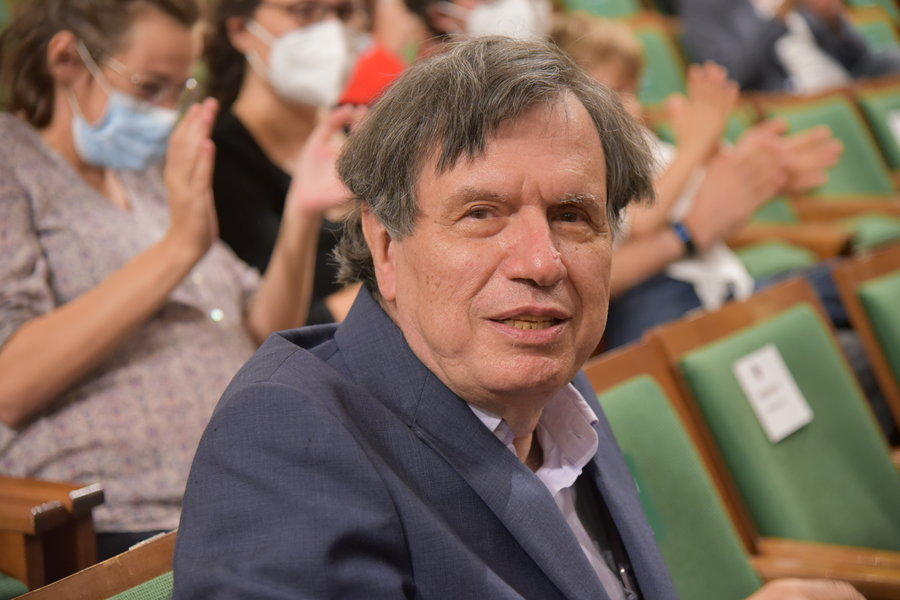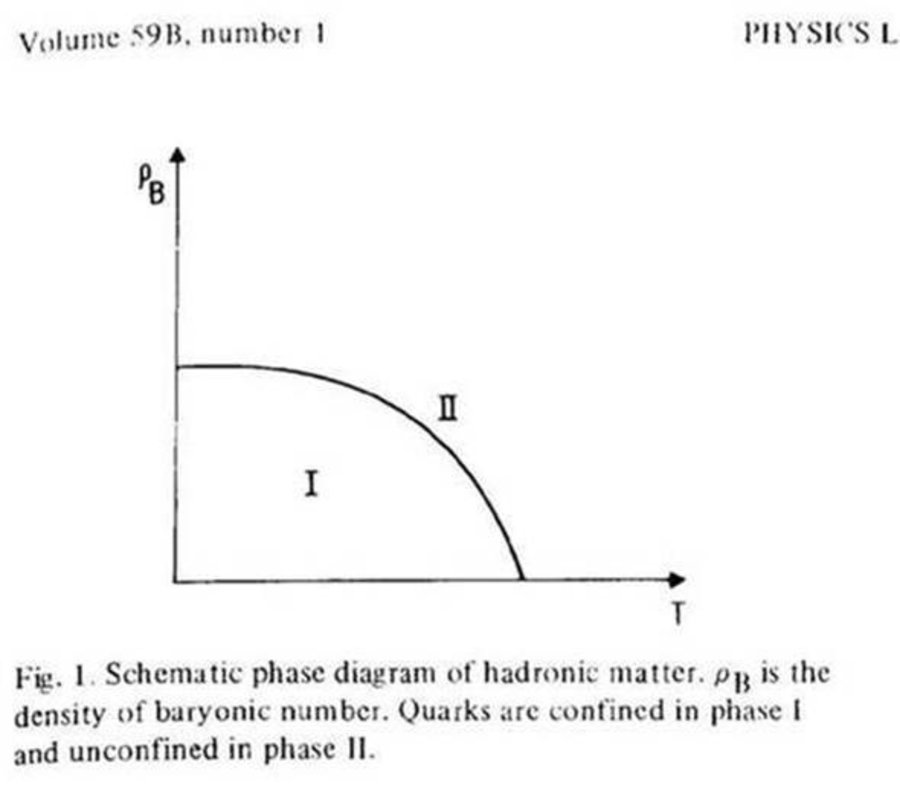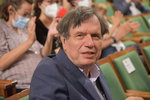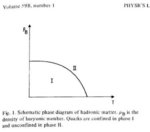Physics Nobel Laureate Giorgio Parisi makes significant research contributions also to research at GSI and FAIR
12.11.2021 |
This year's Nobel Prize in Physics is awarded "for the discovery of the interplay of disorder and fluctuations in physical systems from atomic to planetary scales." One half goes to Professor Giorgio Parisi "for the discovery of the interplay of disorder and fluctuations in physical systems from atomic to planetary scales", the other half jointly to the climate researchers Professor Syukuro Manabe and Professor Klaus Hasselmann “for the physical modelling of Earth’s climate, quantifying variability and reliably predicting global warming.” With his research, Giorgio Parisi also makes important contributions to research at GSI and FAIR, so to the CBM experiment and in particular to the PANDA experiment, two of the four major research pillars of the future international accelerator center FAIR.
The Management of GSI and FAIR congratulates warmly on the Nobel Prize: "We are very delighted for Giorgio Parisi, who, in addition to his Nobel Prize-winning contributions, has been recognized for outstanding science in the field of elementary particle physics, as it is also conducted on our campus at GSI and FAIR."
The Italian Giorgio Parisi has been working on the physics of elementary particles in addition to and in time before his now awarded work on "disorder and fluctuations in physical systems". Together with the Italian physicist Nicola Cabibbo, he made an important contribution to the understanding of the phase transition between quark-gluon plasma and hadronic matter and made fundamental discoveries on the structure of hadrons, in particular on "glueballs", in the framework of the APE collaboration (Array Processor Experiment at the Istituto Nazionale di Fisica Nucleare, INFN, in Italy). His pioneering paper with Italian physicist Guido Altarelli on "Asymptotic freedom in parton language" (Nucl.Phys.B 126 (1977) 298-318 ) is one of the most cited papers in all of nuclear and particle physics, with more than 7500 citations, and has laid the foundations for our understanding of the role of gluons in collisions between elementary particles and/or atomic nuclei at high energy. It has led to the "DGLAP" equations, which are central to the quantitative description of the vast majority of high-energy collisions.
Giorgio Parisi's scientific approaches will continue to have a lot of weight in research at the future FAIR accelerator center: The work with Cabibbo is an important milestone for the physics on the quark-gluon plasma and thus directly linked to the physics program of the CBM experiment. The work with the APE collaboration and in particular that with Altarelli, also forms the basis for research planned at the PANDA experiment.
Parisi also gave the opening lecture to the scientific program at the 2018 "Quark Matter Conference" in Venice, the most important international conference in this field, entitled "Some considerations on the quark-gluon plasma". The first part of the talk was on the Cabibbo-Parisi paper cited above and the question of thermalization in complex systems, which is still relevant today, thus preparing the ground for important discussions at the conference. The second part dealt with the structure of complex systems, the research area now awarded the Nobel Prize.
The Nobel Prize Committee's statement honoring Giorgio Parisi's achievement states: “Around 1980, Giorgio Parisi discovered hidden patterns in disordered complex materials. His discoveries are among the most important contributions to the theory of complex systems. They make it possible to understand and describe many different and apparently entirely random materials and phenomena, not only in physics but also in other, very different areas, such as mathematics, biology, neuroscience and machine learning.”
This range is also emphasized by the Scientific Managing Director of GSI and FAIR, Professor Paolo Giubellino: “The decision of the Nobel Prize Committee shows how closely apparently distant fields of research are related and how important the basic methodologies are for the complex description of very different scientific phenomena. They advance each other and cross-fertilize each other. Basic research is therefore quite crucial. I am extremely pleased about this exceptional appreciation for the scientific work of my colleague and friend."
A native of Rome, Parisi graduated in physics from La Sapienza University in Rome in 1970, where he has been a professor of quantum physics since 1992. He works in various subfields of physics, such as high-energy physics, quantum chromodynamics, phase transition theory, statistical mechanics, mathematical physics, biophysics and others. (BP)

















